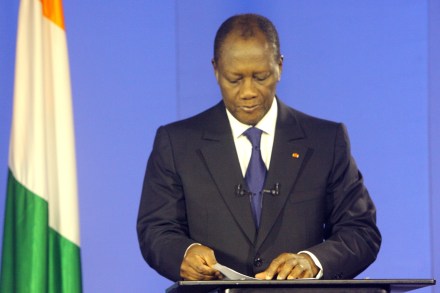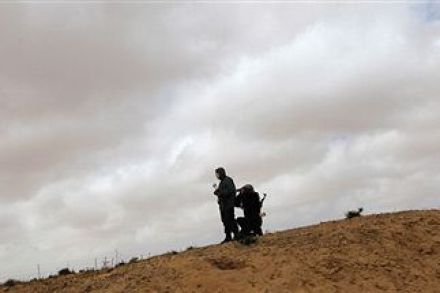Another one bites the dust | 12 April 2011
The conflict in the Ivory Coast looks as though it is now coming to and end. Former president Laurent Gbagbo was arrested yesterday by French officials supporting President Alassane Ouattara, after weeks of violent fighting. Gbagbo lost re-election last November to Ouattara but refused to give up power. Gbagbo, who was in office for more than a decade, will now be investigated for possible war crimes and crimes against humanity. This is a momentous event. The continent’s post-independence “big men” had, over decades, become accustomed to permanent power. If they lost an election, they simply threatened (or encouraged) violence until a power-sharing deal was cobbled together which allowed them to














